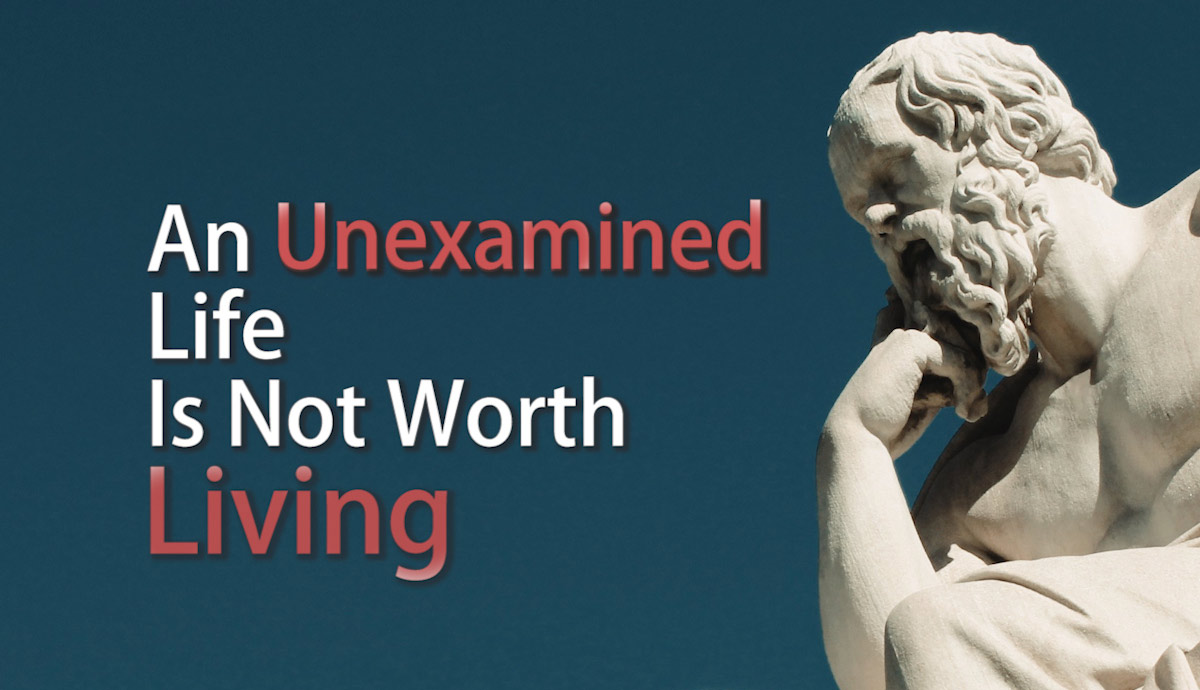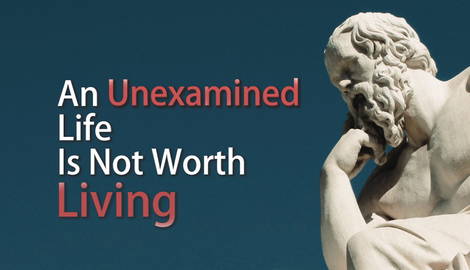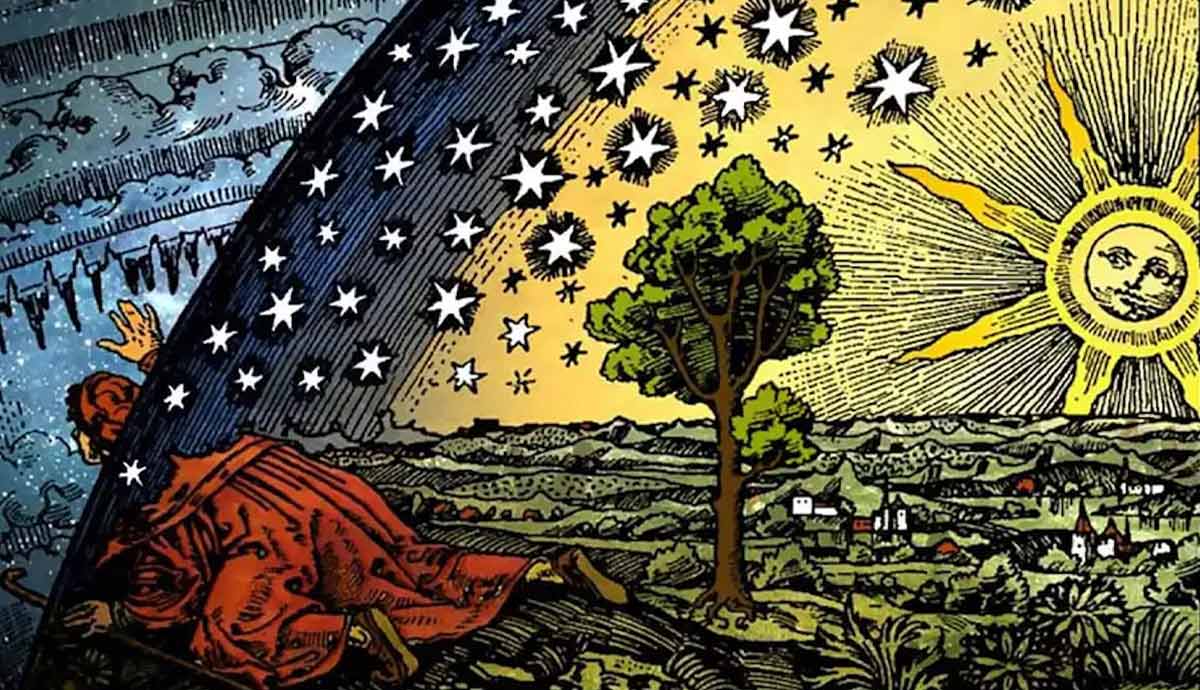
If you consider yourself a quote enthusiast, then it’s time to revisit some of Socrates’ most powerful lines. In addition to being one of the most famous Greek philosophers, he helped take Western philosophy to new heights.
But beyond that, Socrates was an enigmatic genius who changed the way we think forever. His teachings have inspired people for centuries and continue to spark curiosity today. The reason? He used questioning like no other.
Here are five of his most enduring sayings and what they really mean.
1. “The Only True Wisdom Is in Knowing You Know Nothing”

What it means: Wisdom starts with admitting you don’t know everything.
Socrates was known for his relentless pursuit of knowledge and his willingness to question everything—even things most people took for granted. He knew that knowledge was not stagnant; it evolved over time.
Many claimed to be wise, but Socrates, with characteristic humility, understood that wisdom doesn’t come from collecting facts. It comes from recognizing your own limitations.
Imagine someone convinced they know everything about a subject. They might become complacent, closed off to new perspectives. By contrast, someone who acknowledges their lack of knowledge stays open, curious, and ready to learn.
This willingness to question everything, including himself, set Socrates apart and laid the foundation for real intellectual growth and discovery.
2. “Prefer Knowledge to Wealth, for the One Is Transitory, the Other Perpetual”

What it means: Wealth fades, but wisdom endures.
This quote urges us to appreciate knowledge more than wealth, because material possessions are temporary, but the benefits of learning last a lifetime.
Money can be earned, spent, or lost. Knowledge stays with you, shaping your decisions and deepening your understanding of the world.
Consider a wealthy person who finds contentment only in material comfort. Without curiosity or a desire to learn, that comfort may feel hollow. In contrast, a person who values knowledge enjoys growth, fulfillment, and perspective, no matter their financial situation.
Socrates also saw knowledge as something you earn through effort, unlike wealth, which can be inherited or won by chance. That makes it more reliable, empowering, and permanent.
This quote urges us to appreciate knowledge more than wealth, as it is temporary in contrast with the eternal benefit of learning. Material possessions are transient and momentary comforts. They can be earned or spent according to time and willpower.
3. “An Unexamined Life Is Not Worth Living”

What it means: A meaningful life requires reflection and self-awareness.
This is one of Socrates’ most famous challenges. It urges us to stop rushing through life without questioning why we act, think, or believe as we do.
Imagine walking through a beautiful garden but never pausing to look at the flowers. You miss the beauty because you never slow down to notice it.
Self-examination is what allows us to connect experiences into a bigger picture, like fitting together the pieces of a puzzle to see the whole image.
Socrates was relentless in questioning not just others but himself. He believed that without reflection, life loses its depth, and we lose the chance to understand ourselves.
4. “Wisdom Begins in Wonder”

What it means: Stay curious. Wonder leads to wisdom.
For Socrates, wonder was the spark that ignited learning. It’s the sense of awe and curiosity that makes you want to ask questions, explore ideas, and see beyond the obvious.
Think of a child seeing a rainbow for the first time. That moment of amazement inspires them to ask, “Why does this happen?” and “How?” Wonder encourages an open mind, challenges assumptions, and pushes us toward discovery.
Socrates approached every conversation with that same curiosity. Without it, he wouldn’t have reached the profound insights we still study today.
5. “The Only Good Is Knowledge, and the Only Evil Is Ignorance”

What it means: Knowledge fosters good, while ignorance breeds harm.
With this bold statement, Socrates reframed the idea of good and evil. To him, goodness came from understanding, while ignorance led to harm.
Knowledge enlightens our minds, broadens our perspectives, and helps us make rational, ethical decisions. Ignorance, on the other hand, breeds prejudice, injustice, and division.
Think of how misinformation can spread, fueling stereotypes or even violence. Enlightenment dispels these shadows and replaces them with empathy, fairness, and truth.
For Socrates, real knowledge wasn’t just knowing facts. It was knowing yourself, your values, and the world you live in.
So, What Did Socrates Teach Us?

Socrates left behind a wealth of wisdom through his thought-provoking quotes. From “The only true wisdom is in knowing you know nothing” to “An unexamined life is not worth living” and “The only good is knowledge and the only evil is ignorance,” his ideas remain as relevant today as ever.
He stressed two essentials: humility and self-reflection. True wisdom comes from recognizing our limits, staying open-minded, and continuing to learn. By examining our lives, including our motives, actions, and values, we make wiser choices, grow personally, and give life deeper meaning.
For Socrates, knowledge was vital. It helps us discern right from wrong, make sound ethical decisions, and avoid the conflicts and harm that ignorance often creates.










